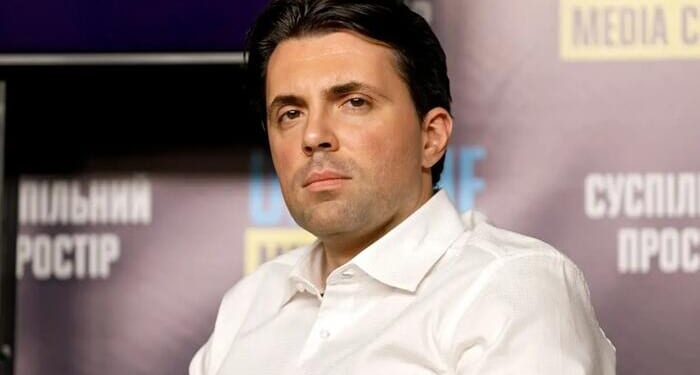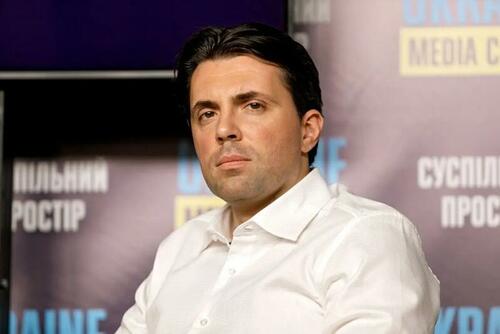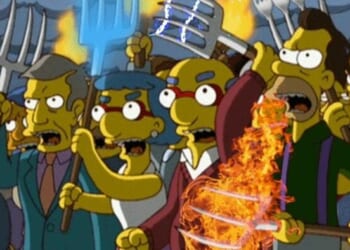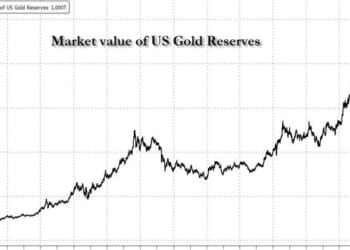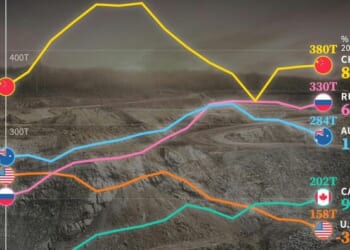As we’ve for many months been documenting, the Western mainstream media continues the trend of turning on Ukraine, and on President Zelensky in particular, now that it’s clear that ‘victory’ against Russia will not be a reality. It seems that every time Ukraine’s military suffers major setback and defeat at a strategic location in the east – as is again unfolding currently – the unusually ‘negative’ MSM articles suddenly appear.
It wasn’t very long ago, and especially during the opening couple years of war, the MSM treated any criticisms of Zelensky or the Ukrainian Army as totally off-limits. This was the comically absurd era of concert halls in Europe canceling famous classical Russian ballads, or op-eds calling for reading courses to ban Dostoevsky. But fast-forward to late 2025 and Politico is out with a story entitled The dark side of Zelenskyy’s rule.
The story documents how Ukrainian society, and especially what’s left of the ‘accepted opposition’ (after long ago Zelensky banned all opposition political parties deemed too ‘pro-Russian’ in a country where some one-third of the population has Russian as their first language) is slowly turning on the US/EU-backed leader.
Discontent has boiled to the public surface on a variety of issues of late including harsh recruitment policies which has seen officers throw unsuspecting men on the street into vans, and then there’s Zelensky’s personal efforts which sought to ban top corruption investigative institutions (later reversed after severe censure from the public and Western countries), and most recently there’s the political persecution of Zelensky’s enemies.
Execution of the war itself has also been a source of immense controversy, especially after in early 2024 President Zelensky sacked Ukraine’s top general, who was also very popular among military ranks – Valery Zaluzhny – in what marked the biggest shakeup of the country’s military leadership since the start of the full-scale Russian invasion. Zaluzhny was shipped off to be ambassador to the United Kingdom, and some say he might be groomed by the West to eventually replace Zelensky.
The NY Times has recently observed this proved a disaster, as “Ukraine was successful the first year of the war because its army fought differently. Once Zelensky replaced Zaluzhny with Syrsky last year, it has turned into a war of a small Soviet army against a big Soviet army, with predictable consequences.” Leadership became “mired in Soviet-decision making” and forces were no longer nimble or effective, and needless losses mounted.
But Politico, now in documenting more of the ‘dark side of Zelensky’ highlights the case of another popular Ukrainian figure under fire by the Zelensky government:
As Russia began its full-scale invasion of Ukraine nearly four years ago, Volodymyr Kudrytskyi, then head of Ukraine’s state-owned national power company Ukrenergo, was scrambling to keep the lights on.
Somehow, he succeeded and continued to do so every year, earning the respect of energy executives worldwide by ensuring the country was able to withstand Russian missile and drone strikes on its power grid and avoid catastrophic blackouts — until he was abruptly forced to resign in 2024, that is.
Kudrytskyi’s dismissal was decried by many in the energy industry and also prompted alarm in Brussels. At the time, Kudrytskyi told POLITICO he was the victim of the relentless centralization of authority that Ukrainian President Volodymyr Zelenskyy and his powerful head of office Andriy Yermak often pursue. He said he feared “corrupt individuals” would end up taking over the state-owned company.
According to his supporters, it is that kind of talk — and his refusal to remain silent — that explains why Kudrytskyi ended up in a glass-enclosed cubicle in a downtown Kyiv courtroom last week, where he was arraigned on embezzlement charges.
In the background, Zelensky’s motives have further increasingly come under scrutiny for his refusal to hold elections, declaring that martial law policy will remain in effect so long as the war drags on.
In the meantime he’s been able to amass unprecedented power for himself, while wielding a bludgeon against his internal enemies in Kiev. Politico continues, using word choice which earlier in the conflict no mainstream media account of the Ukrainian political landscape would dare employ:
Others who have received the same treatment include Zelenskyy’s predecessor in office, Petro Poroshenko, who was sanctioned and arraigned on corruption charges this year — a move that could prevent him from standing in a future election. Sanctions have frequently been threatened or used against opponents, effectively freezing assets and blocking the sanctioned person from conducting any financial transactions, including using credit cards or accessing bank accounts.
Poroshenko has since accused Zelenskyy of creeping “authoritarianism,” and seeking to “remove any competitor from the political landscape.”
While we and a few others have long been documenting such ‘creeping authoritarianism’ – Western press has by and large ignored these loud statements from frustrated Ukrainian officials who have been sidelined. There’s been a media atmosphere which views these narratives with suspicion and as too Russian-sympathetic, even when it is (awkwardly) top Ukrainians themselves saying it.
As for Kudrytskyi, and his case wherein state prosecutors claim he personally enriched himself while overseeing the country’s energy company, Politico cites official after official who insists there’s no evidence – and indeed such has never been presented publicly either:
Kaleniuk was in the courtroom for Kudrytskyi’s two-hour arraignment, and echoes the former energy boss’s claim that the prosecution is “political.” According to Kaleniuk, the case doesn’t make any legal sense, and she said it all sounded “even stranger” as the prosecutor detailed the charges against Kudrytskyi: “He failed to show that he had materially benefited in any way” from an infrastructure contract that, in the end, wasn’t completed, she explained.
The case in question is related to a contract Kudrytskyi authorized seven years ago as Ukrenergo’s then-deputy director for investments. But the subcontractor didn’t even begin work on the assigned infrastructure improvements, and Ukrenergo was able to claw back an advance payment that was made.
His firing long ago had actually prompted resignations from two independent members of the company’s supervisory board, and the whole saga was met with rare criticism in pro-Kiev media outlets within Ukraine at the time.
Meanwhile, another under-acknowledged reality in Ukraine is that there’s a sizeable silent minority (or even majority, perhaps) of the common populace who wants to see this tragic war end in any way possible, even if that means ceding the Russian-speaking territories in the Donbass and Crimea, something which Zelensky and his hawkish backers in Europe consistently refuse as a possibility. These common voices too have been silenced and sidelined in Zelensky’s Ukraine.
Loading recommendations…

